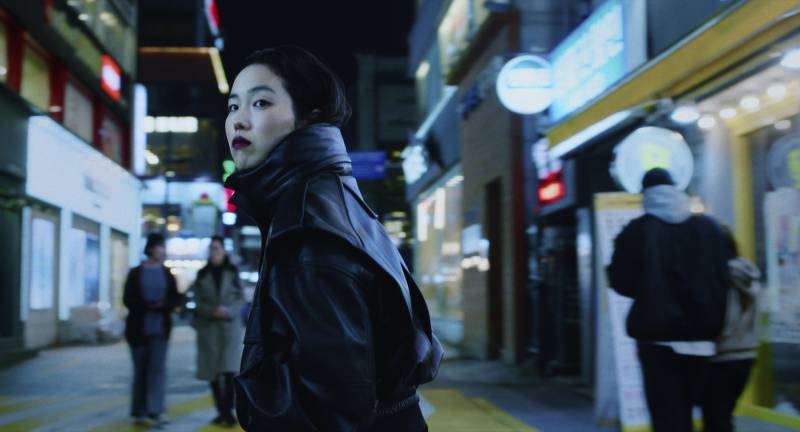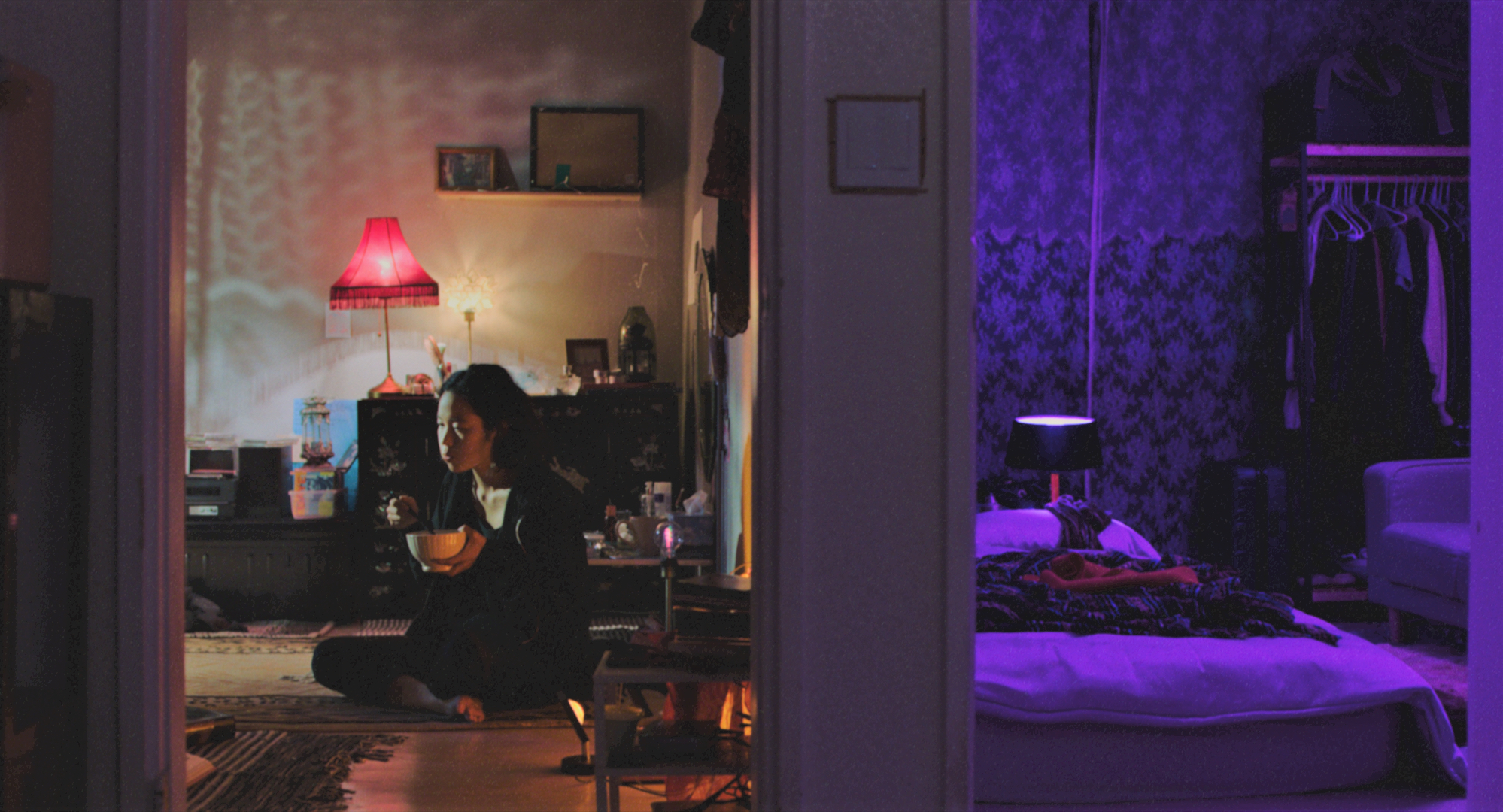Freddie — nobody calls her Frédérique except her French adoptive mother — has devised a way, at 25, to be in control of every relationship and every situation. Manic and mysterious, inviting and forbidding, tender and cruel, she keeps friends, lovers and strangers off-balance.
She is a rock, she is an island, as some Boomer singer-songwriter put it. Or to cite the on-the-nose lyrics to the song she thrashes wildly to in a Seoul bar, “I never needed anybody.” (She doesn’t seem to hear the chorus, “You can’t make it alone.”)
Davy Chou’s profoundly rewarding Return to Seoul (opening Friday, Feb. 24) lets us (and Freddie, eventually) see that the persona she’s crafted isn’t a choice as much as a reaction. Placed for adoption as an infant by her South Korean parents, she grew up internalizing their painful decision as an act of abandonment and betrayal. In response, Freddie identifies as French, doesn’t speak Korean and disavows her roots.

By a twist of fate, or the power of destiny, or the unyielding impulses of the subconscious, Freddie is in Seoul because her flight to Japan was canceled due to a typhoon. Not one to burn her limited vacation time stuck in an airport, she hopped on the next available plane.
Once in South Korea, though, she decides she might as well seek out her birth parents. Bound by no ties, practiced at walking away, and trusting her ability to sight-read (situations as well as music), she underestimates the risks.




